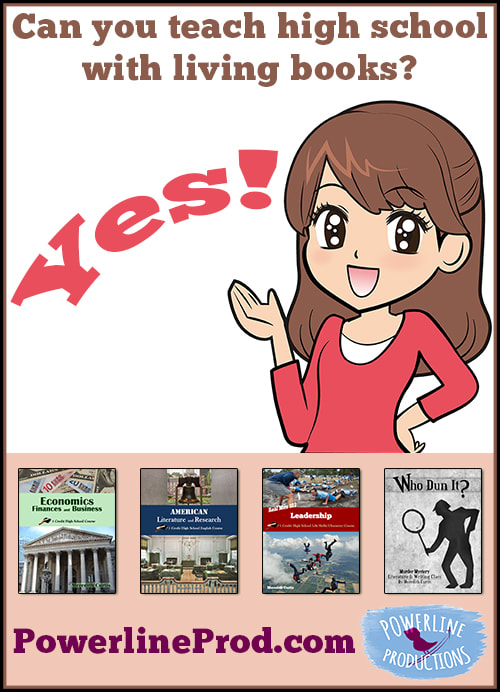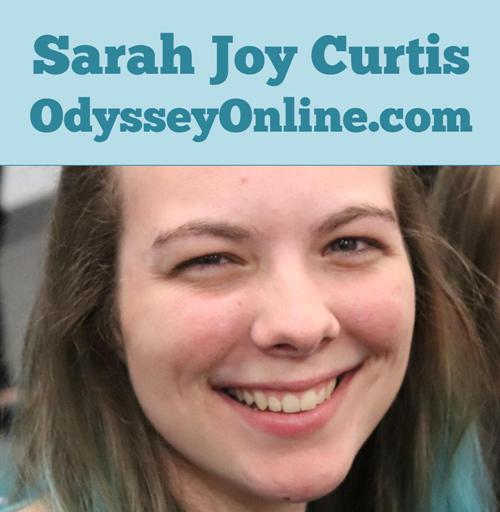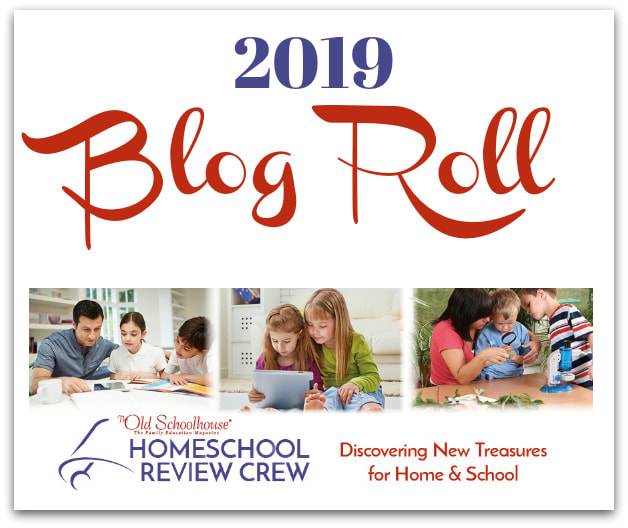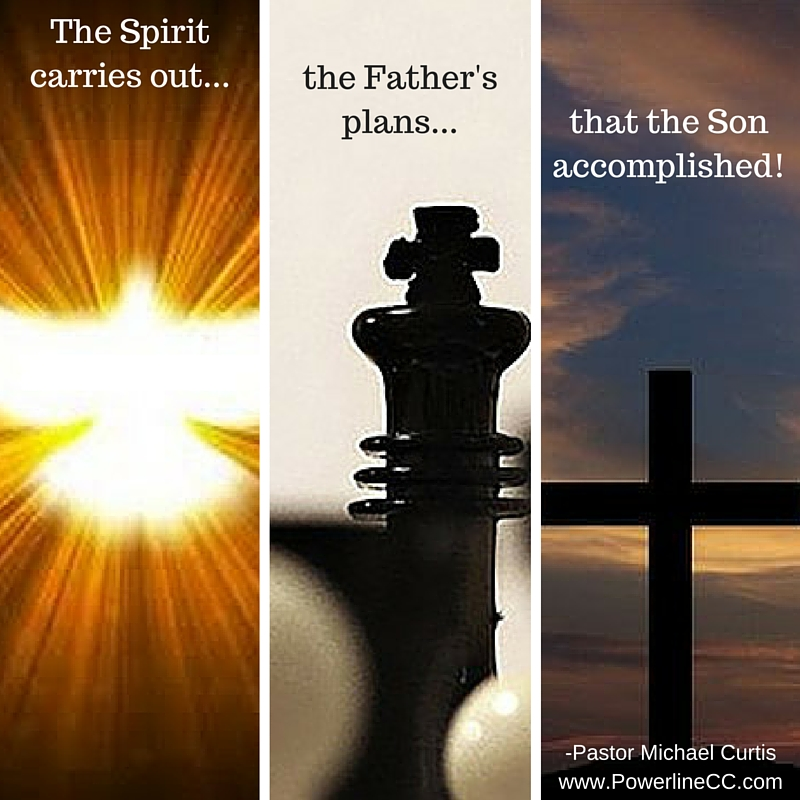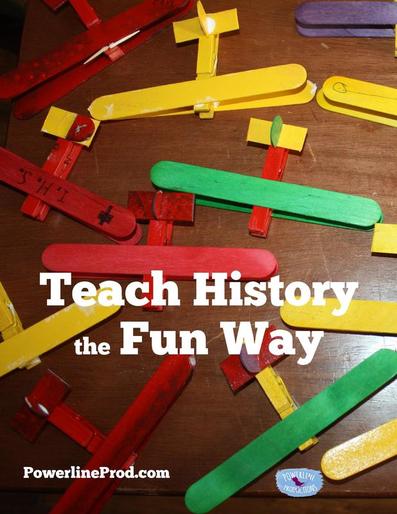 History is exciting! History is full of drama, intrigue, and stories. Studying history is important to know the past, to understand our heritage, so we can plan for the future. It breaks my heart to see some children and teens learn history in a dry, dreary way so that they end up hating the subject. How we teach history can often determine if our students will enjoy learning about the past. My children all love history! I think it's because we had so much fun learning history together. Let me share how we learn history the fun way! Travel Back in Time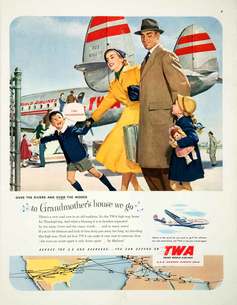 When I teach history, I try to think in terms of traveling back in time to a specific time and place. When you travel to another country, you are immersed in the culture, sights, and language. I like to immerse my children in the time period we are studying so that they feel like they're on an exciting trip. Often before we start digging into an historical period, we watch a movie set in that time period that does a great job with the setting. This is easier for some time periods than others. If we are about to study World War II, there are so many movies to choose from that we could watch movies all day for two or three weeks straight. Classics, Historical Fiction, Original Works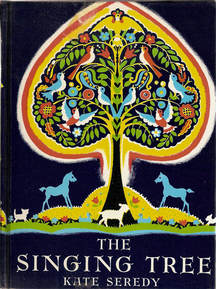 We start our actual history studies with reading. I love reading aloud to my beloveds. We snuggle up and take turns. All of us love to read on our own, too. I toss the dreary old textbooks, choosing only to use textbooks like Mystery of History that read like a novel. Our shelves are lined with historical fiction like Ivanhoe, Ben Hur, The Singing Tree, Number the Stars, Red Badge of Courage, and Cheaper by the Dozen. We love reading these books! Landmark book series are great living book resources. Biographies are also great ways to learn history. When we find great living books, we use them in our studies. Finally, we read books and documents from the old days. Uncle Tom's Cabin had a huge impact on America's attitude toward slavery before the Civil War. So, why not read it? Wealth of the Nations and Communist Manifesto are works that are on opposite poles economically; both hugely impact history so we read them. It also makes sense to read documents like the Magna Charta, The Mayflower Compact, Declaration of Independence, and Constitution. Timelines & Maps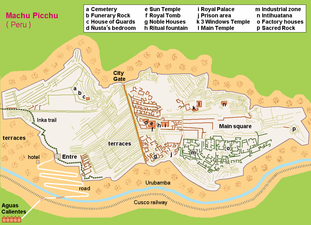 After choosing some books to read, we make a timeline or add to a timeline we've already been working on. Timelines give us a bird's eye view of the time period we are studying. They enable us to connect events and people. Maps are a great help, too since political boundaries change so often. When we study Colonial America and look at the 13 colonies, we can often think about them in terms of their current boundaries. To look at old maps of the 13 colonies and their boundaries, makes us realize how far those boundaries extended. It gives us a fresh perspective and a better understanding of the "Where" of history. Dress Up & Act It Out, Research, Discuss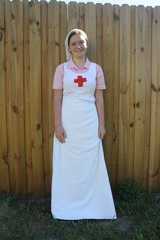 We have had so much fun dressing up from the past when we have medieval banquets, sock hops, luaus, military battles, or a pirate treasure hunt. Sometimes we act out a scene, battle, or event and videotape it. We have also written and recorded several radio dramas. The kids loved doing this. Some were news shows. Some were stories. Some were interviews. Dressing up for parties or dramatic events requires research. Another thing that requires research is creating radio shows. One of our favorite events was a Vaudeville Show. Lively discussions often accompany research and dramatic events. These discuss allow children and teens to process information and knowledge. Often they begin to analyze. History Labs to Bring it Home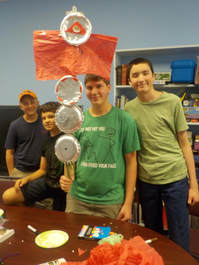 We have added history labs to our history studies. They are of a wide variety: building a skyscraper out of cardboard boxes (1930's), splatter painting (20th Century Art), playing baseball (1910's), making paper plate Roman standards (Ancient Rome), having our own Grand Prix (20th Century Racing), making drama masks to act our Aesop's Fables (Ancient Greece), and having our own Passover Feast (Ancient Israel). History Labs help bring history alive. Cook & Bake Your Way through TimeFood is a delicious way to travel back in time. You can learn about the farming practices, culture, and family dynamics by cooking and baking. Our family loves cooking and baking. Sometimes, we research, hunting for old recipes. We have found several recipes from historical museum recipes. Sometimes we just look up the crops and livestock ancient people grew and raised to create our own recipes. Field Trips & Road Trips & Plane Trips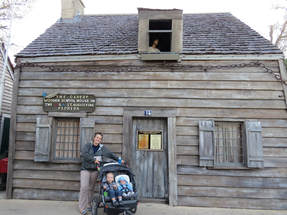 Traveling near and far makes history come alive. Whether it's a living history museum or an archaeological site. A life-changing event for our family was traveling to the Netherlands to see the Corrie ten Boom Museum in Haarlem. What an amazing experience to see the hiding place that kept Jews from losing their lives. Nearer to home, St. Augustine is a place we love to visit. The church, the museums, and the souvenir shops all take us back in time. One of our favorite places to visit is the fort. Another place nearby that we enjoy is the Holy Land Experience. There is a beautiful reproduction of the Jerusalem and the temple, but there is so much more. It's like traveling back in time to Ancient Israel. Resources to Teach History the Fun Way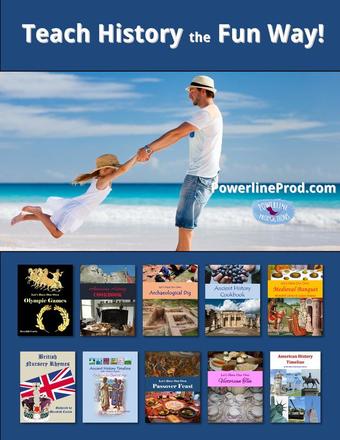 If you want some resources to teach history the fun way, just visit our website: PowerlineProd.com. On the "Teach History the Fun Way" Page, you will discover treasures such as Let's Have Our Own Medieval Banquet, Let's Have Our Own Archaeological Dig, Ancient History Timeline, Ancient History Cookbook, Let's Have Our Own Olympic Games, Travel to London Unit Study, and Celebrate Christmas in Colonial American Unit Study. Of course, you can exercise your creative juices and come up with some of your own ideas, too. Pinterest is another great source of ideas. God bless you and remember to teach history the fun way! Warmly, Meredith Curtis
2 Comments
2/8/2018 10:33:06 am
Oh, I would love, love, love it :) :) :) We have sooooooooooo much fun! :) :)
Reply
Leave a Reply. |
AuthorsMeredith Curtis Archives
February 2020
Categories
All
|
Powerline Productions
- Home
-
Books
-
Curriculum
- HIS Story of the 20th Century >
-
High School Courses
>
- Economics, Finances, & Business >
- American Literature & Research
- British Literature
- Who-Dun-It Murder Mystery
- Foundations of Western Literature
- Communication 101: Essays & Speeches
- Old Testament Survey
- Worldview: Understand the Times Workbook
- Drama
- Career Choices & the College Decision
- Real Men 101
- Real Men 102
- Real Men 103: Leadership
- God's Girls 101
- God's Girls 103
- God's Girls 104: Motherhood
- God's Girls 105: Homemaking
- Travel God's World Geography >
- Government
- Unit Studies >
- Teach History the Fun Way >
- Families Learn Together American History >
- STEM Notebooking Pages
- Middle School Courses >
-
Bible
- Cozy Mysteries
- Blog
Photos from cloudzilla, Fil.Al, vaniljapulla, m01229, Ian D. Keating, (Imagine) 2.0, Theo Crazzolara, RomitaGirl67, RomitaGirl67, Gonmi, moonlightbulb, RomitaGirl67, Amydeanne, Salva Martinez, Graham Ó Síodhacháin, Ruth and Dave, infomatique, MsSaraKelly, moonrat42, {Guerrilla Futures | Jason Tester}, Monica's Dad, kennethkonica, o palsson, Tourismusregion Katschberg, wuestenigel, COD Newsroom, ANBerlin, Henri Photography, Tourismusregion Katschberg, Corey Ann, *_*, diannlroy.com, Theo Crazzolara, DaPuglet, terren in Virginia, George M. Groutas, Bunches and Bits {Karina}, Anders Ruff Custom Designs, ¥§•ªˆ¨ˇ© LOVE © ˇ¨ˆª•§¥, srqpix, inkknife_2000 (8 million views +), judy dean, ANBerlin, Phil Roeder, Base Camp Baker, Anders Ruff Custom Designs
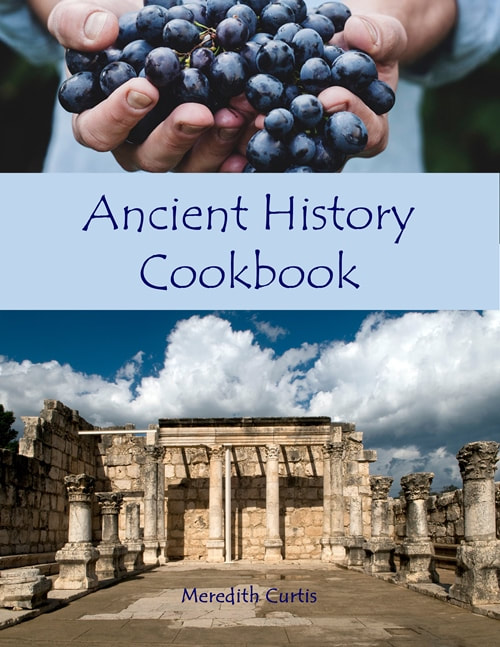
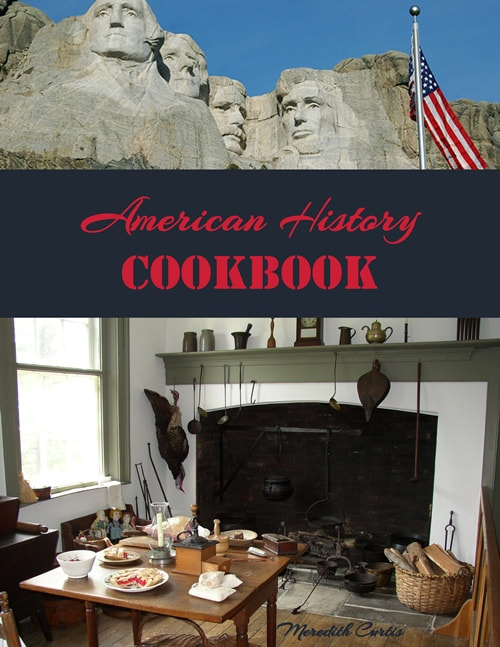
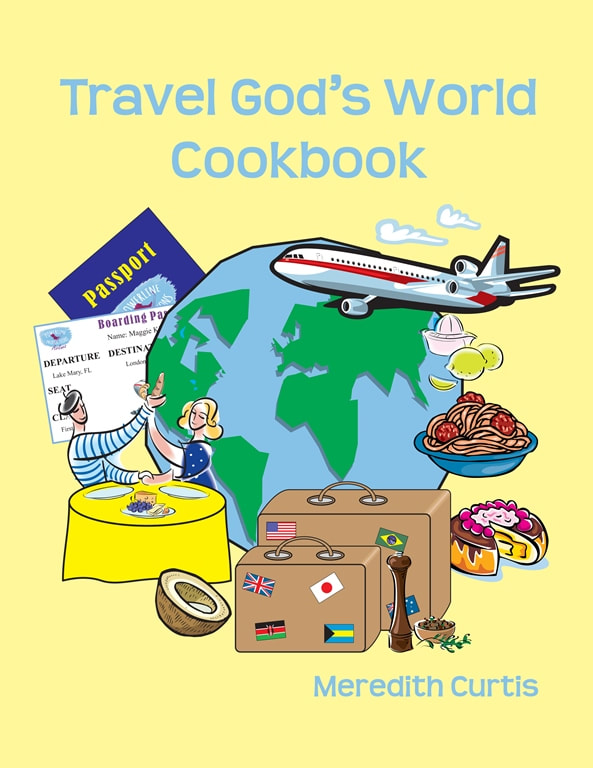
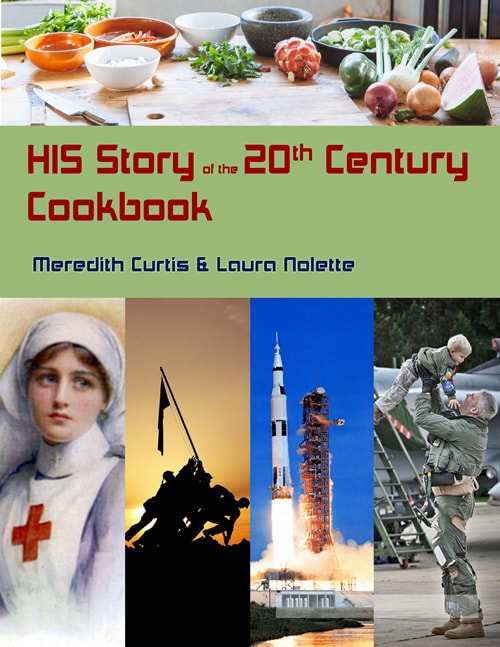
 RSS Feed
RSS Feed


